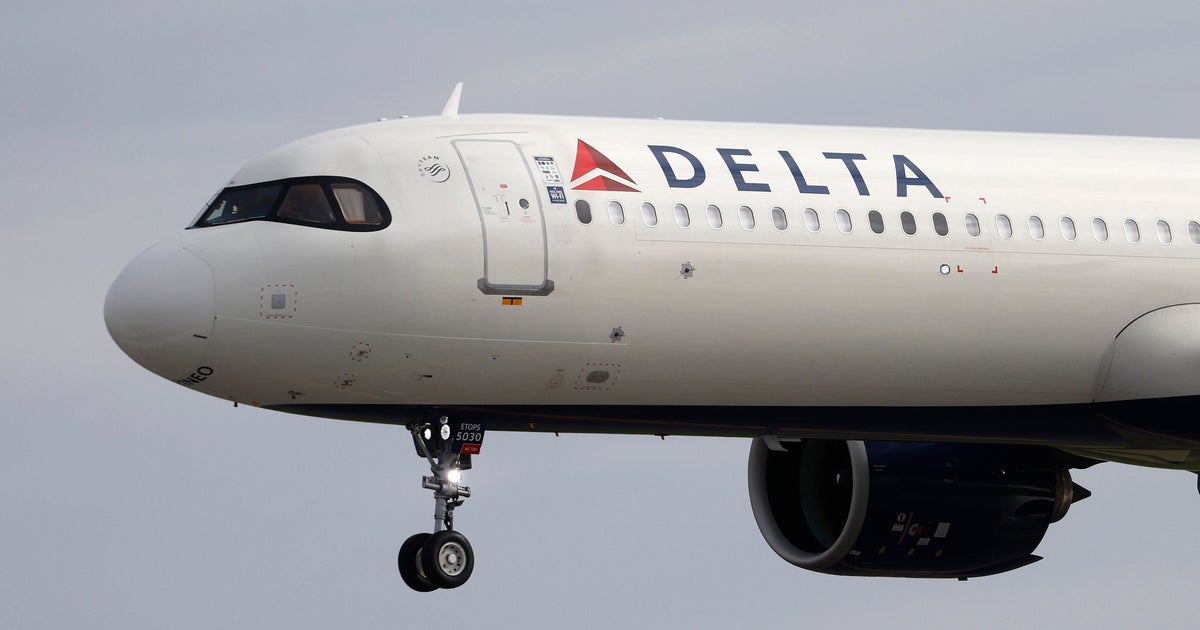Delta Air Lines Replaces Engines to Remedy Poisonous Smoke Incidents
Delta Air Lines has announced that it is replacing the Auxiliary Power Units (APUs) in its Airbus aircraft to address the issue of poisonous smoke incidents that can harm crew members and passengers. The airline confirmed that it has begun replacing the engines in over 300 A320 aircraft, with the initiative being more than 90% complete.
The Issue of Poisonous Smoke
The replacement of the engines is aimed at preventing the leakage of poisonous vapors into the air supply of the aircraft cabin, which can pose health and security risks for crew members and passengers. Flight attendants have been raising concerns about the issue for years, with some reporting their own experiences with the dangerous toxins.
Health Risks Associated with Poisonous Smoke
According to Dr. Robert Harrison, a specialist in occupational medicine at the University of California San Francisco, exposure to the poisonous smoke can lead to general nervous system problems. He has treated over 100 flight crew members for exposure to the toxins.
Measures Taken by Other Airlines
Other airlines, such as United, have also taken measures to address the issue. United CEO Scott Kirby stated that the issue is one that he has been "personally focused on for over a decade". The airline has a "proactive maintenance program" that monitors oil consumption and oil pressure in the aircraft engine and replaces APU seals to prevent oil leaks and burns that can lead to fumes in the aircraft cabin.
Exploration of New Synthetic Oils
Delta has also announced that it is exploring new synthetic oils from various manufacturers for its engines. This move is aimed at reducing the risk of poisonous smoke incidents. Meanwhile, Frontier Airlines CEO Barry Biffle stated that the company is monitoring the issue, but incidents occur very rarely.

